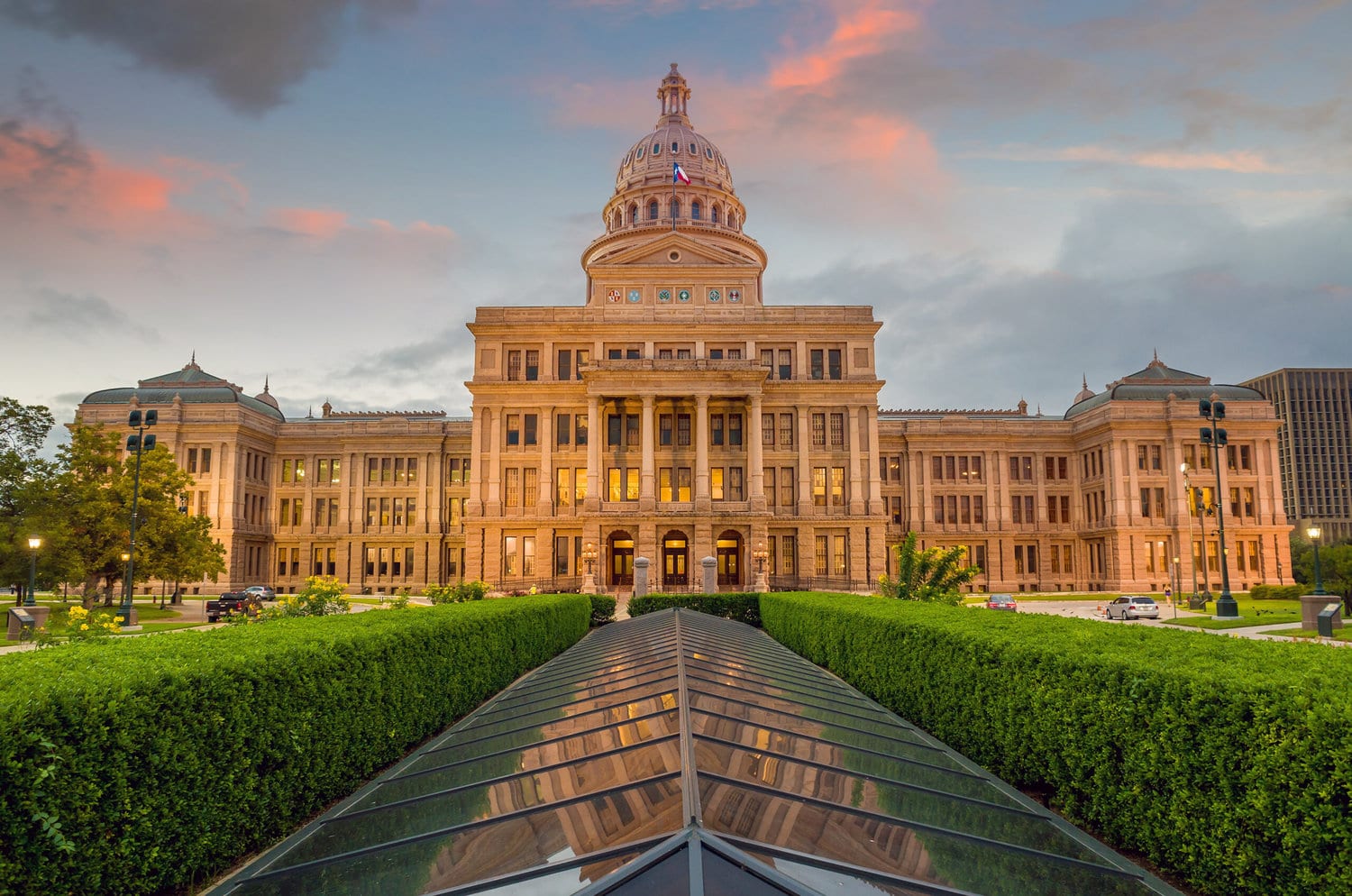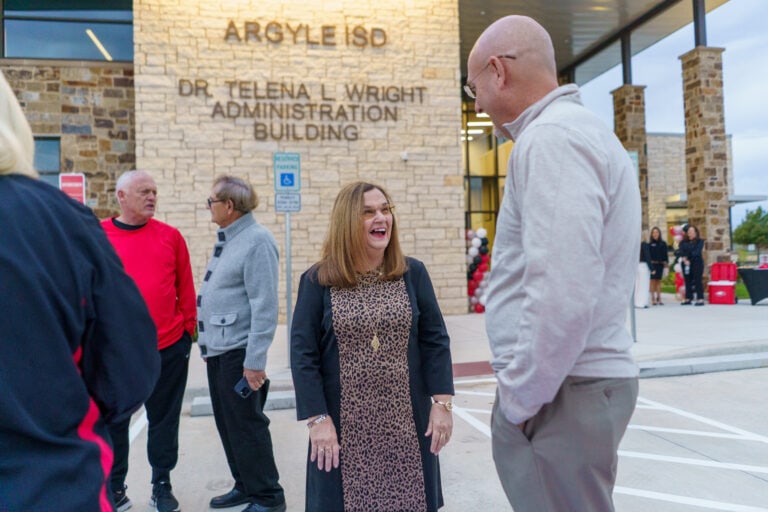Passing Laws in Texas
Many North Texas residents have moved here from other states, bringing our county’s population to more than one million!
And most of these new Texans come from states which have totally different legislative processes than we do here in the Lone Star State. Our 1876 State Constitution intentionally does not make it easy for the 150 State House members and 31 State Senators to pass new laws.
For instance, Texas is one of only seven states whose legislatures do not meet every year. Our legislators meet only for 140 days in odd-numbered years, making our session normally adjourn around Memorial Day.
The only Constitutionally-mandated item is to pass a balanced budget. For the session’s first 60 days, only legislative items may be considered which have been declared priorities by the Governor, such as public education or property taxes. After that, bills on any topic can be considered. Some rules are provided in our State Constitution, but each legislative chamber may adopt additional rules by majority vote. These rules include requiring three public readings of any bill being considered on three separate days, with most debate occurring on the second reading, during which amendments are usually offered and may pass by a simple majority vote. If amendments are offered on the third reading day, the House must adopt them by a 2/3 majority. As in our federal Congress, any tax or revenue bills must originate in the House.
There also is a built-in “competitive spirit” between the two chambers.
The House normally adheres to one day per bill reading, but the Senate routinely amends and approves a third reading on the same day as the bill’s second reading.
Bills go through the appropriate committees, which are assigned on the day of first reading. Senate bills make it to a full chamber vote in the order that they are passed out of committee, and House bills pass from their assigned committee into the Calendars committee before making it to the full chamber for a vote. If a bill passes either chamber, it is sent to the other chamber and, if changes are made, it goes to a conference committee, made up of five members from each chamber appointed by the presiding officers. When a bill receives a majority vote on the third reading, it is considered passed and is “engrossed” if it is in the originating chamber. A new copy incorporating all corrections and amendments is prepared and sent to the other chamber for consideration. If a bill is returned to the originating chamber without amendments, it is signed by the Speaker and the Lieutenant Governor and sent to the Governor.
If there are amendments to the originating chamber version, that chamber may either agree to the amendments or request a conference committee. Once the conference committee reaches agreement, a report is issued and must be approved by at least three of the five members from each chamber. If approved in both chambers, the bill is signed by presiding officers, sent to the Governor and is considered “enrolled.”
At least three of the five members from each chamber must approve the final conference committee report. If the bill then passes both chambers, it is sent to the Governor who has three choices:
- Sign it
- Veto it (2/3 majority of both chambers needed to override)
- Allow it to become law without his signature
If the Governor neither signs nor vetoes a bill within 10 days (not counting Sundays), it becomes law. If a bill is sent to the Governor within 10 days of final adjournment, the Governor has until 20 days (including Sundays) after final adjournment to sign the bill, veto it, or allow it to become law without signature.
If their work is not completed by the Legislature’s last regular session day (sine die) adjournment, the Governor may call them back into a 30-day special session, as happened in May this year. Only the Governor can call a special session, and that call will include very specific items which are the only things the legislators may consider during the special session.
There is no limit to how many special sessions a Governor may call. In May, Governor Abbott announced “the first” special session, alluding perhaps to







